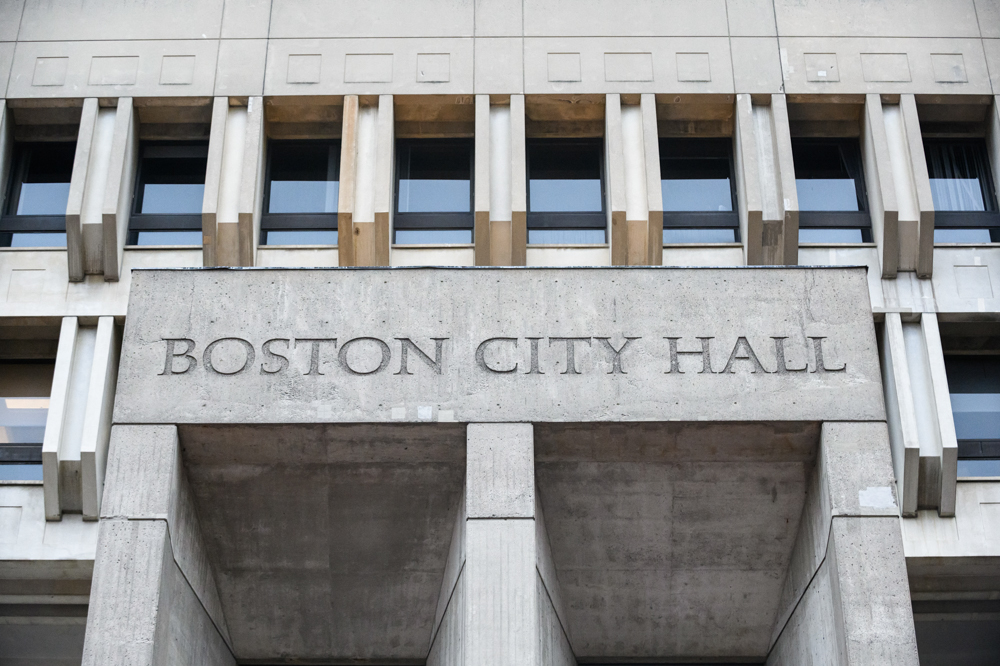Boston City Council discussed the Residential Tax Relief Proposal presented at the Oct. 10 meeting and passed a resolution recognizing the week of Nov. 3 as Election Worker Appreciation Week during its Wednesday meeting at City Hall Plaza.

Councilor Gabriela Coletta Zapata presented the Residential Tax Relief Proposal, which was originally sponsored by Mayor Michelle Wu and referred to the committee on Oct. 25.
The proposal aims to create an increase in the “tax burden shifted from residential to commercial properties,” lessening the financial toll of these taxes on Bostonians.
“This proposal would create stability for all taxpayers, while softening the impact on residential taxpayers,” Coletta Zapata said.
If passed, the resolution would allow for as much as $30,000 to be exempt from personal property taxes, which is three times the current allowable exception of $10,000, Coletta Zapata said. Baked-in protections for businesses include a provision allowing the city to allocate up to $15 million to small businesses impacted by the change, she added.
Councilor Edward Flynn said he is concerned about the proposal’s impact on Boston’s budget. He said 70% of the City’s budget already comes from property taxation, and the addition of the resolution would be a “simply unsustainable formula.”
“We can’t let ideology cloud our judgment when it comes to what’s best for the City of Boston,” Flynn said. “It did not have to be this divisive, pitting residents against businesses or public disagreements with the state and business community.”
Councilor Enrique Pepén said he supports the proposal, because residents and small businesses face “challenging economic conditions” among rising housing costs.
Coletta Zapata said she heard “overwhelming support” for the proposal from her colleagues and constituents, and action must be taken to reflect the popular opinion.
“If we do nothing right now, we help no one,” she said. “I’m doing my job in simply providing the opportunity for my colleagues to represent their districts, represent their various constituencies and vote.”
The proposal was passed with 12 votes in the affirmative and one in the negative from Flynn.
Additionally, Councilor Benjamin Weber and Councilor Henry Santana presented a resolution recognizing the week of Nov. 3 to Nov. 9 as Election Worker Appreciation Week.
Weber said election employees face “threats, harassment or abuse to their jobs,” especially during presidential election years.
Based on a poll by the Brennan Center of Justice, “almost 25% of election officials will be working in their first presidential election,” due to the fact that “most poll workers do not return after the experience of working in one election,” Weber said.
Santana said election workers’ dedication “not only upholds the right to vote, but reinforces the integrity of our entire democratic system.”
“Despite the challenges of misinformation and personal risk, Boston’s election workers continue to perform their duties with remarkable commitment, ensuring that each election is safe, secure and accessible for all,” Santana said.
















































































































